Search Results
Showing results 281 to 300 of 414
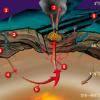
Candy Chemosynthesis
Source Institutions
In this activity, groups of learners work together to create edible models of chemicals involved in autotrophic nutrition.
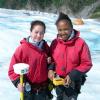
Mini Glacier Meltdown
Source Institutions
This activity (located on page 3 of the PDF under GPS: Glaciers Activity) is a full inquiry investigation about the different causes of glacial melt.
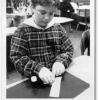
Cylinders and Scale
Source Institutions
In this activity, learners investigate the relative growth of lengths, areas, and volumes as cylinders are scaled up.
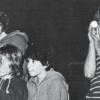
Night Eyes
Source Institutions
In this outdoor, night-time activity, learners discover how to spot eye-shine (reflection of light from an animal's eyes) by using a flashlight to play a simulation game.
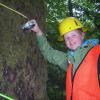
Tree Trunk Diameter to Branch Height Relationship
Source Institutions
In this activity (located on page 2 of the PDF under GPS: Temperate Rain Forest Activity), learners will identify a group of deciduous trees to study.

Pendulum Time
Source Institutions
In this activity, learners explore how the pendulum has been a reliable way to keep time for centuries.

Arduino Blink Challenge
Source Institutions
In this activity, learners explore computer programming and the impact of computers on society. Learners build and test a program to turn a light on and off using an Arduino board.

Show Me the Money
Source Institutions
In this math lesson, learners make wallets or purses and then participate in a variety of money-related activities. First, learners make their own paper money and paper wallets or purses.

Swing That Pendulum
Source Institutions
In this full inquiry activity (located on page 3 of the PDF under GPS: Kinetic Sculpture Challenge Activity), groups of learners will make predictions about which feature of a pendulum (mass, length,
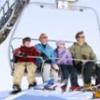
Chair Lift Challenge
Source Institutions
In this activity, learners explore the unique challenges in transportation engineering, such as devising a method for skiers or hikers to get to the top of a mountain.
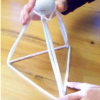
Tall Tower Challenge
Source Institutions
In this activity, learners explore the design of tall structures such as skyscrapers and telecommunication towers.
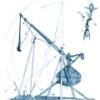
Trebuchet Toss
Source Institutions
In this activity, learners explore trebuchet design. Teams of learners construct trebuchets from everyday materials.

Nutritional Challenges
Source Institutions
In this nutrition activity (page 26 of PDF), learners consider the nutritional needs of people with specific dietary requirements, such as athletes, persons with diabetes and vegetarians, and create a
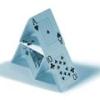
Critical Load
Source Institutions
In this activity, learners explore the concepts of structural engineering and how to measure the critical load, or the maximum weight a structure can bear.
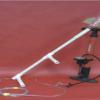
Handheld Water Bottle Rocket & Launcher
Source Institutions
In this activity, learners build handheld rockets and launchers out of PVC pipes and plastic bottles. Use this activity to demonstrate acceleration, air pressure, and Newton's Laws of Motion.
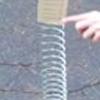
Spring Scale Engineering
Source Institutions
In this activity, learners explore how spring scales work and how they are used for non-exact weight measurement.

Water Tower Challenge
Source Institutions
In this activity, learners explore how engineers work to solve the challenges of a society, such as delivering safe drinking water.

Sticky Engineering Challenge
Source Institutions
In this activity, learners explore how engineers work in a team to solve problems.
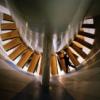
Wind Tunnel Testing
Source Institutions
In this activity, learners explore how wind tunnels provide feedback to engineers about the performance and durability of products such as planes, cars, and buildings.

Where Do We Choose to Live and Why?
Source Institutions
In this geography investigation, learners use a nighttime satellite image to observe areas of light across the United States and to identify patterns and spatial distributions of human settlements.
